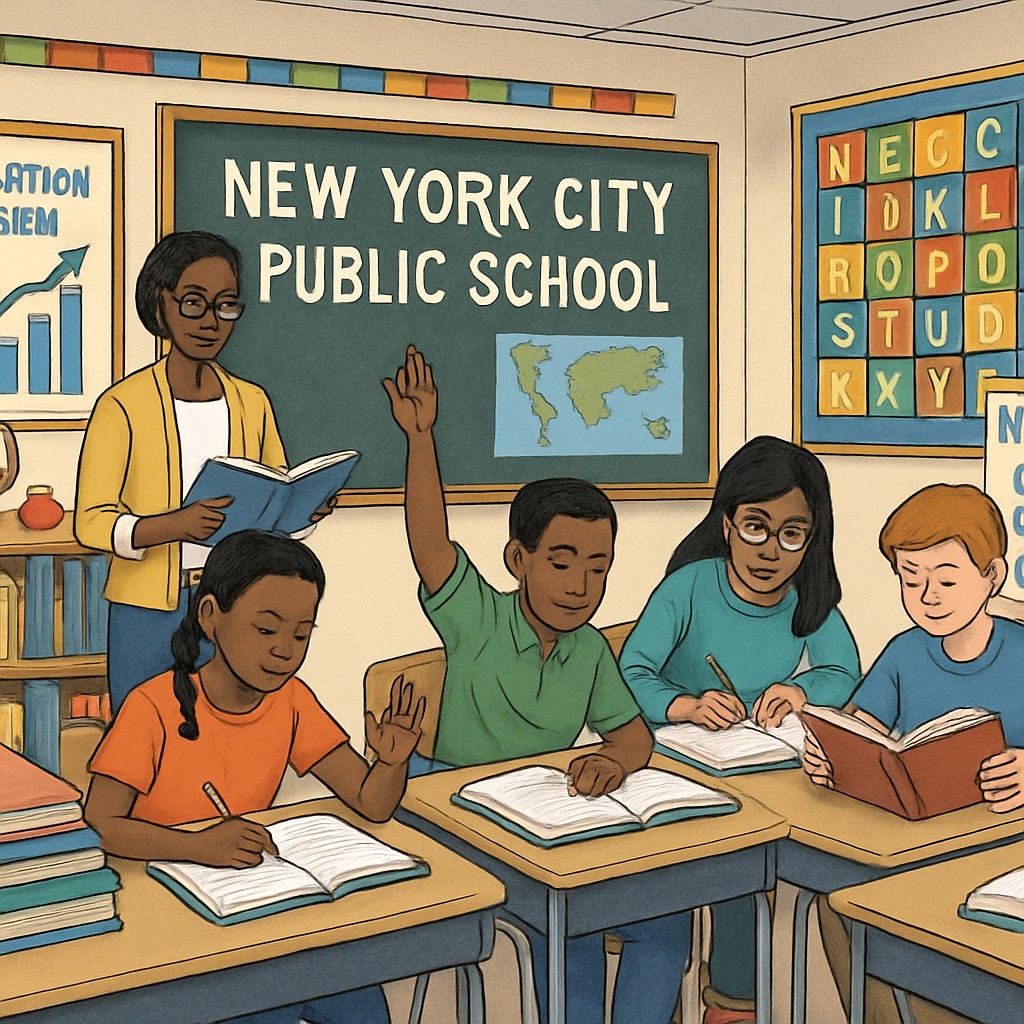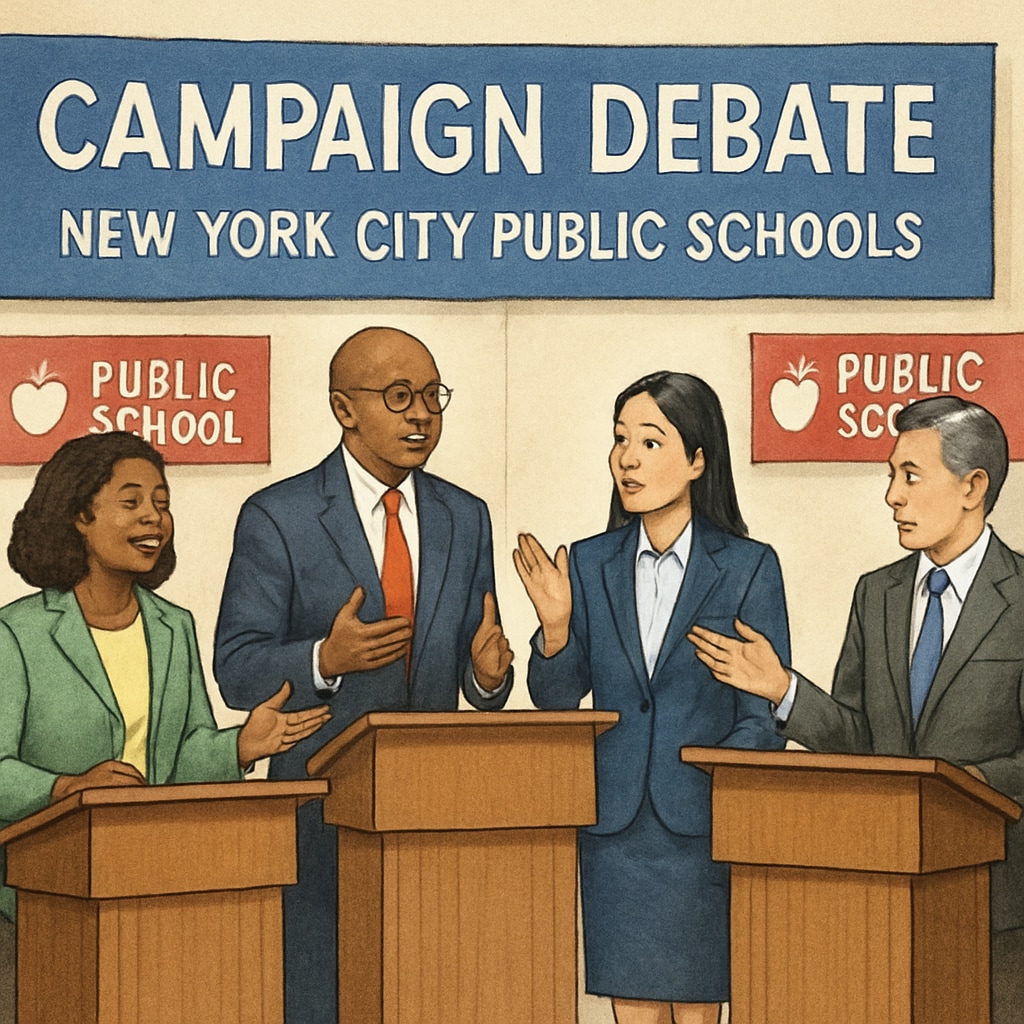As New York City braces for its upcoming mayoral election, the stakes extend far beyond politics, directly impacting the nation’s largest public education system. Joel Klein, a former Chancellor of New York City Schools, famously spearheaded reforms that shaped the city’s education landscape. His perspective underscores the vital connection between mayoral leadership and the future of public schools. This election could redefine how over one million students are educated, making it a pivotal moment for both the city and the nation.

The Role of Mayoral Leadership in Education Policy
Education reform in New York City has historically been tied to the mayor’s vision and priorities. With the mayor controlling the Department of Education, decisions regarding funding, curriculum, and teacher hiring are often political. Joel Klein’s tenure saw significant changes, including the expansion of charter schools and accountability measures. These reforms were supported by then-Mayor Michael Bloomberg, showcasing how mayoral leadership can drive systemic transformation.
For example, Klein’s policies aimed to close achievement gaps and empower schools with autonomy. However, they also sparked debates about equity and privatization. The upcoming election will determine whether the next mayor continues these initiatives or pursues a different approach. As a result, the future of New York City public schools hangs in the balance.
Key Issues in the Mayoral Election
Several critical education issues are at the forefront of this election. Candidates are debating how to address learning loss caused by the COVID-19 pandemic, improve teacher retention, and ensure equitable access to resources. Additionally, the role of charter schools remains a contentious topic, with some advocating for their expansion while others call for stricter oversight.
The next mayor must also navigate the complexities of school funding. New York City’s budget constraints, combined with rising operational costs, demand innovative solutions. As Joel Klein has pointed out, effective leadership requires balancing fiscal responsibility with the need for investment in education. Voters will need to consider these factors when choosing a candidate.

The Complex Relationship Between Politics and Education Reform
Politics and education reform are deeply intertwined, often creating both opportunities and challenges. While strong mayoral leadership can catalyze change, political agendas may also hinder progress. For instance, education reforms may face resistance from unions, community groups, or even the public. Joel Klein’s tenure exemplifies this dynamic; his policies were transformative but also polarizing.
To ensure lasting impact, the next mayor must foster collaboration among stakeholders while prioritizing student outcomes. Political decisions should be grounded in evidence-based practices, avoiding short-term fixes in favor of sustainable solutions. As a result, the election is not just about choosing a leader—it’s about defining the values that will guide New York City’s education system for years to come.
In conclusion: The upcoming mayoral election represents a turning point for New York City’s public schools. Joel Klein’s legacy highlights the potential for transformative leadership, but it also underscores the complexities of aligning politics with education reform. As voters head to the polls, they carry the responsibility of shaping the future for millions of students—not just in New York City, but across the nation.


